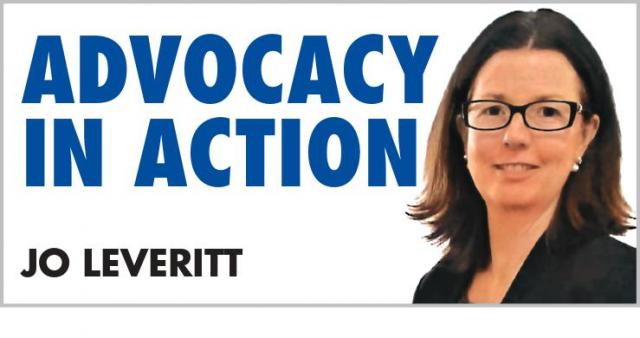The highest court in the world, the International Court of Justice (ICJ), has been in the global spotlight this year following South Africa’s decision to bring a case before it accusing Israel of violating its obligations under the Genocide Convention.
Additionally, the ICJ has recently held live-streamed public hearings, with a record 52 member states and three international organisations making submissions to the court on a case based on the UN General Assembly’s request for an advisory opinion on legal consequences arising from Israel’s policies and practices in Occupied Palestinian Territory.
Known as the world court, the ICJ is one of the six ‘principal organs’ of the UN, alongside the General Assembly, Security Council, Economic and Social Council Trusteeship Council and the Secretariat.
It was established in 1945 in the aftermath of WWII, where the global community sought a new foundation for international peace and justice and a way for countries to resolve issues without resorting to conflict.
The ICJ presides at the Peace Palace in The Hague (Netherlands) and comprises 15 judges, all of whom are elected to nine-year terms of office by the UN General Assembly and Security Council.
Judges do not represent their governments; they are independent, and there is only one judge of any nationality on the court.
With the spotlight on the public hearings currently underway, the under-representation of women judges on the ICJ has also attracted recent attention.
This is particularly so since the UN General Assembly declared 10 March as the UN International Day of Women Judges in 2021, recognising that women judges contribute to a more inclusive and representative judiciary.
Since the ICJ was created in 1945, only five women have served on its judging bench.
The first, Dame Rosalyn Higgins of the United Kingdom, was appointed to the ICJ in 1995.
That’s 50 years after the court’s establishment.
It took another 15 years before the next woman was appointed.
That was in 2010.
This is significant because the ICJ deals with war, conflict and genocide, which impact women in a very specific way.
This disparity raises questions about representational equity and the inclusiveness of legal perspectives, particularly in matters related to human rights.
In the words of the Honourable Justice Lynne Leigh, Canada: “Women as members of the judiciary make a difference.
“Their faces reflect the communities they serve.
“Female lawyers, litigants, jurors and witnesses can see themselves represented.
“This is critical to public trust and confidence in the judiciary.
“While the legal reasoning of male and female judges is the same, women judges contribute perspectives developed through their life experiences to support and encourage reform of the law in areas where the law has been based on inaccurate and outdated assumptions and stereotypes respecting women.“
On a more positive note, Her Excellency Judge Hilary Charlesworth was appointed to the ICJ 2021, where she became only the fifth woman to be elected and the first Australian woman to serve as a judge of the Court in its 78-year history.
She is regarded in Australia and internationally as a pre-eminent scholar who has contributed exceptionally to human rights and international law.
In Australia, her work led to the adoption of our country’s first human rights act in the Australian Capital Territory in 2004.
She was recently re-appointed to the ICJ for the 2024-2033 term.
As the ICJ continues to navigate the intricate landscape of international legal disputes and advisory proceedings, the inclusion of more women judges will undoubtedly enrich the Court’s deliberations and enhance its capacity to render judgments that reflect a comprehensive and nuanced understanding of the diverse human rights impacts on global communities.






